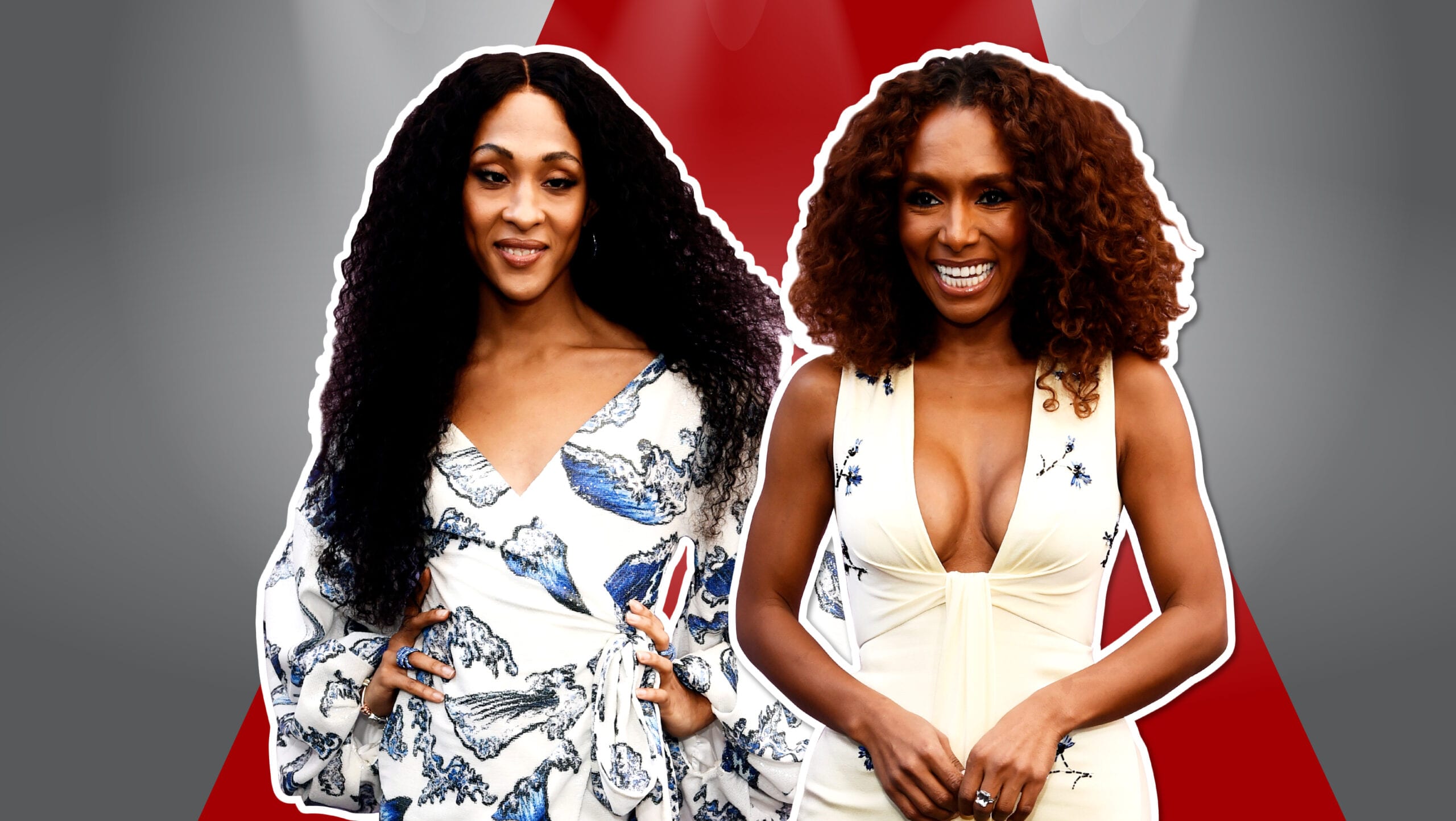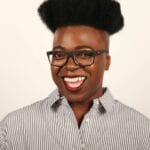I feel like I’ve spent my whole life being an outsider within my own community. As a queer person of trans experience, my earliest memory as a child (who didn’t even know what the words “queer” and “trans” meant) was that I was “different.” Some of my most vivid memories as an adult are of trying to fit into spaces that aren’t designed with my full brilliance in mind. The barbershop. The church. The basketball and soccer teams. The historically Black, all-male Morehouse College. Stanford University. The Los Angeles Times newsroom. In retrospect, it seems like I’ve always been left of centre. That is, until I began centring myself.
A little over five years ago, I chose me. I committed to being my most authentic self, no matter the room I’m in. I decided that while the room may not be made for me, it would have to deal with me and it would be changed because I was there. The road since hasn’t been easy; my gender nonconforming presentation still has to be a purposeful disruption of some of the so-called respectable places I enter. At times, it can feel like a burden. But after attending the Essence Black Women in Hollywood Luncheon last Thursday, where the trans women of Pose were honoured, it’s a burden I shoulder proudly. Because I know, without a doubt, that my world is changing for the better.
Essence, the legendary magazine created for Black women 50 years ago, started its Black Women in Hollywood event 13 years ago as an opportunity to recognize Black women in an industry that often doesn’t. Held during Oscars week, it’s become one of the most anticipated happenings attended by the likes of Oprah Winfrey, Ava DuVernay, Viola Davis, Kerry Washington and more. This year’s honourees included When They See Us actress Niecy Nash, Queen and Slim director Melina Matsoukas, No Time to Die actress Lashana Lynch and the cast and co-executive producer, director and writer of Pose, Mj Rodriguez, Indya Moore, Dominique Jackson, Angelica Ross, Hailie Sahar and Janet Mock. It was, notably, the first time Black trans women had been recognized at the event in such a massive way.
To be clear, that’s not to say that Essence has overlooked or ignored trans people. The history-making brilliance of Laverne Cox and Mock wouldn’t allow for that. Just last year, for example, I was invited by the magazine’s entertainment director, Cori Murray, to write an essay about Black LGBTQ visibility for Pride month, and their September issue featured a profile of trans actress Leyna Bloom written by Out magazine’s executive editor Raquel Willis. But for Essence—an industry titan and the purveyor of Black womanhood—to recognize five trans people in such a demonstrative way? I found myself fighting back tears as they took the stage.
From the stage, and flanked by an emotional Ross, Sahar and Rodriguez (Moore and Jackson weren’t in attendance), Mock said: “Too often Black trans women and Black queer and gender nonconforming folk put their bodies on the line every day to be themselves, grappling with housing and joblessness and a lack of access to healthcare and education, and navigating our own people’s intolerance and willful ignorance [that push] our sisters out of homes, intolerant schools and churches, and into detention facilities, foster homes, prisons and deeper into poverty. And these alarming issues remain widely unaddressed because we as a culture do not acknowledge that trans women are women, that Black bodies are valuable and that Black trans girls and Black trans women are worthy of our protection and care.”
Mock continued: “The struggle for Black people must include Black trans and queer people. Period. And this award reaffirms that our stories, our lives, our experiences matter and reassures that the way that we tell it—from the perspective and talents of those who’ve lived it—is most impactful.”
As they left the stage and the room rose to applaud, I could see others also wiping tears from their eyes. A chill went through my body. I hugged myself as tight as I could, to prove that I was not dreaming and to affirm my own gender nonconforming body in that space. I had just witnessed something glorious.
“I could see others also wiping tears from their eyes. A chill went through my body.”
You see, I think a lot about change in the Black community when it comes to sentiments about LGBTQ folk. While we are not innately more homophobic than other communities, I know that there are countless queer and trans members of our biological families whose beings have been wiped out by hate, ignorance and a lack of respect. I know, from experience, that Black queer and trans bodies aren’t yet safe in many of our communities, let alone the broader world. But after this year’s Black Women in Hollywood luncheon, I also know that more and more people are coming around to—rightfully—welcome us into the fold and recognize our shared humanity. Because none of us are free until we’re all free.
Still, we haven’t yet arrived at the “Promised Land,” where the average life expectancy of a trans woman of colour is no longer just 35 years; where it’s no longer historic for trans people to be accomplished and lauded; where bodies of all genders and no gender, of all sexualities and no sexuality, can just be. But we’re on the way.
To all of my Black trans siblings: Keep living. Our mere existence, in all its God-given glory, changes the worlds we were born into. And when that shift manifests, you, too, will be in the room to witness it.


 Why you can trust Xtra
Why you can trust Xtra


